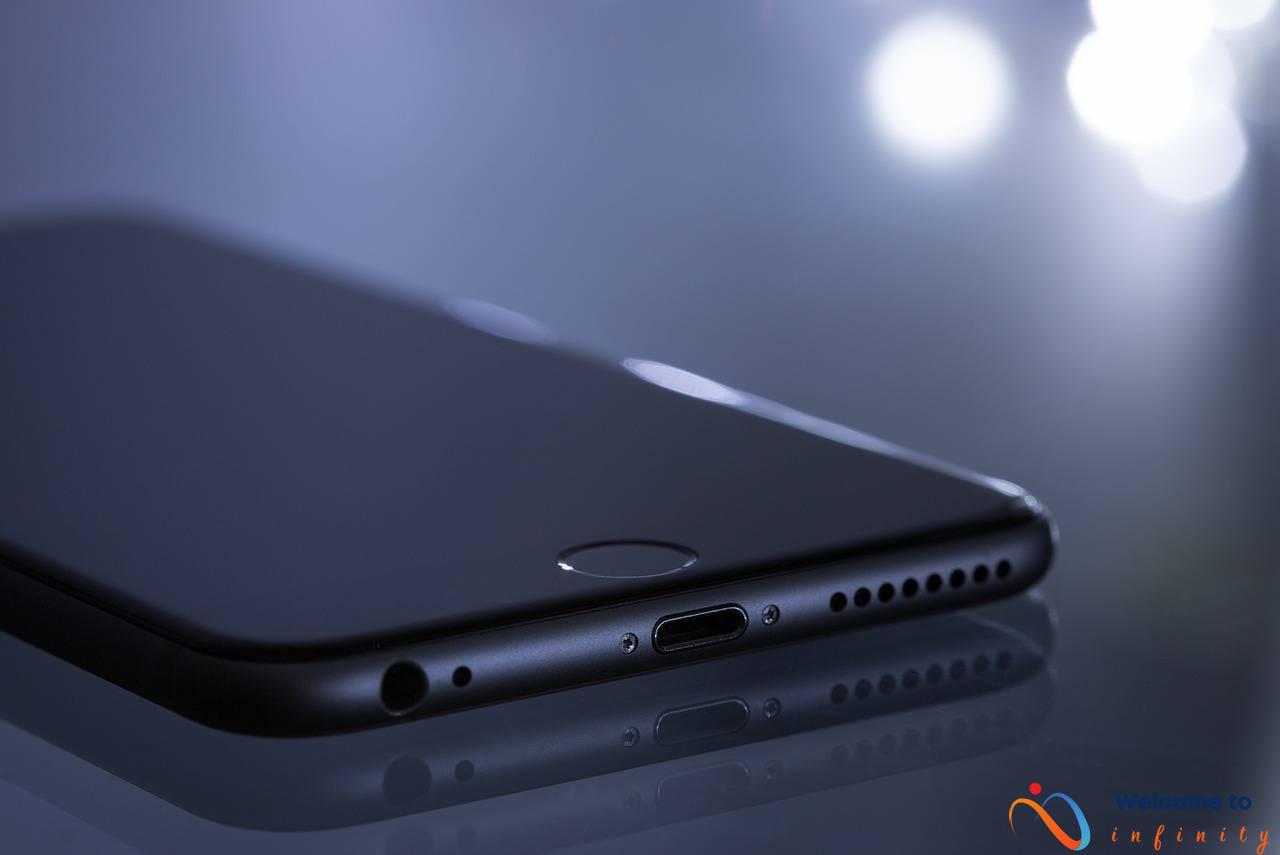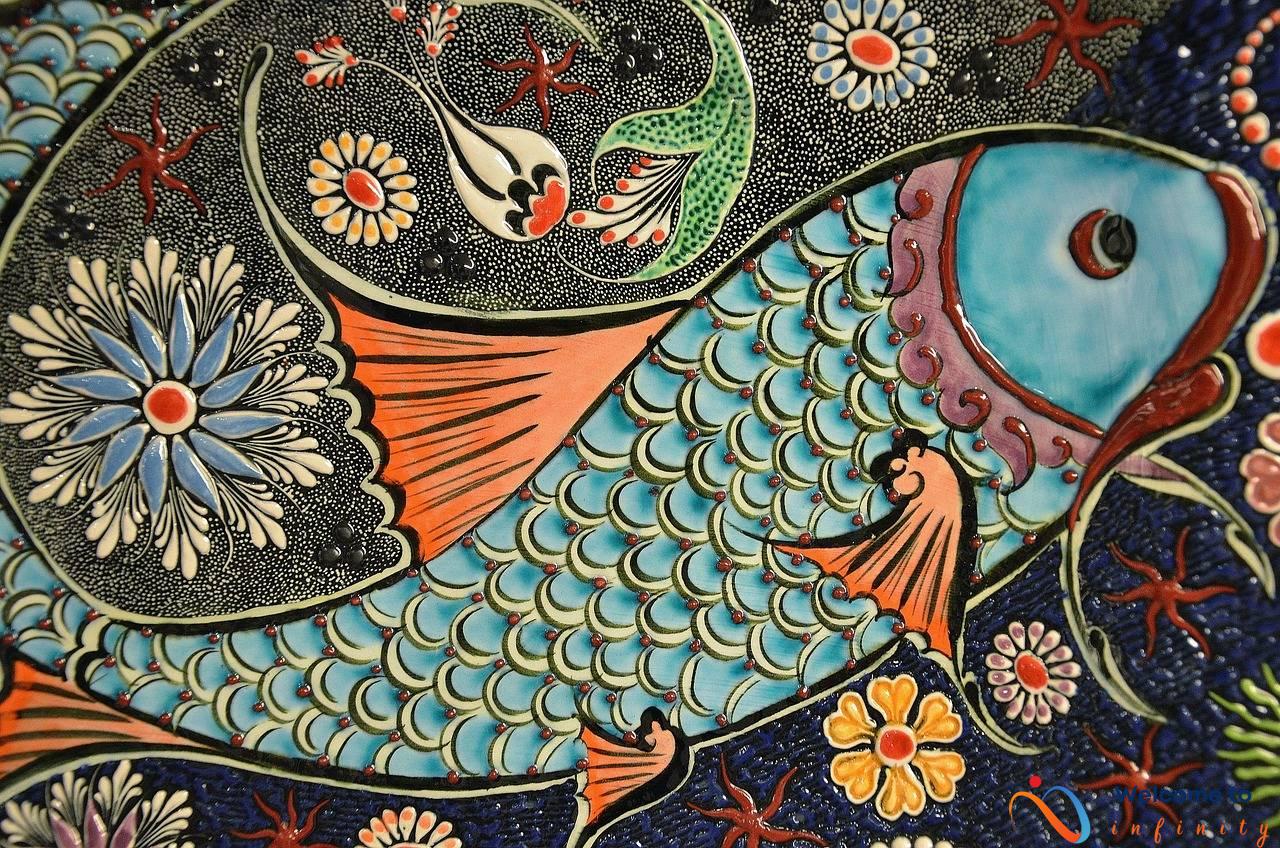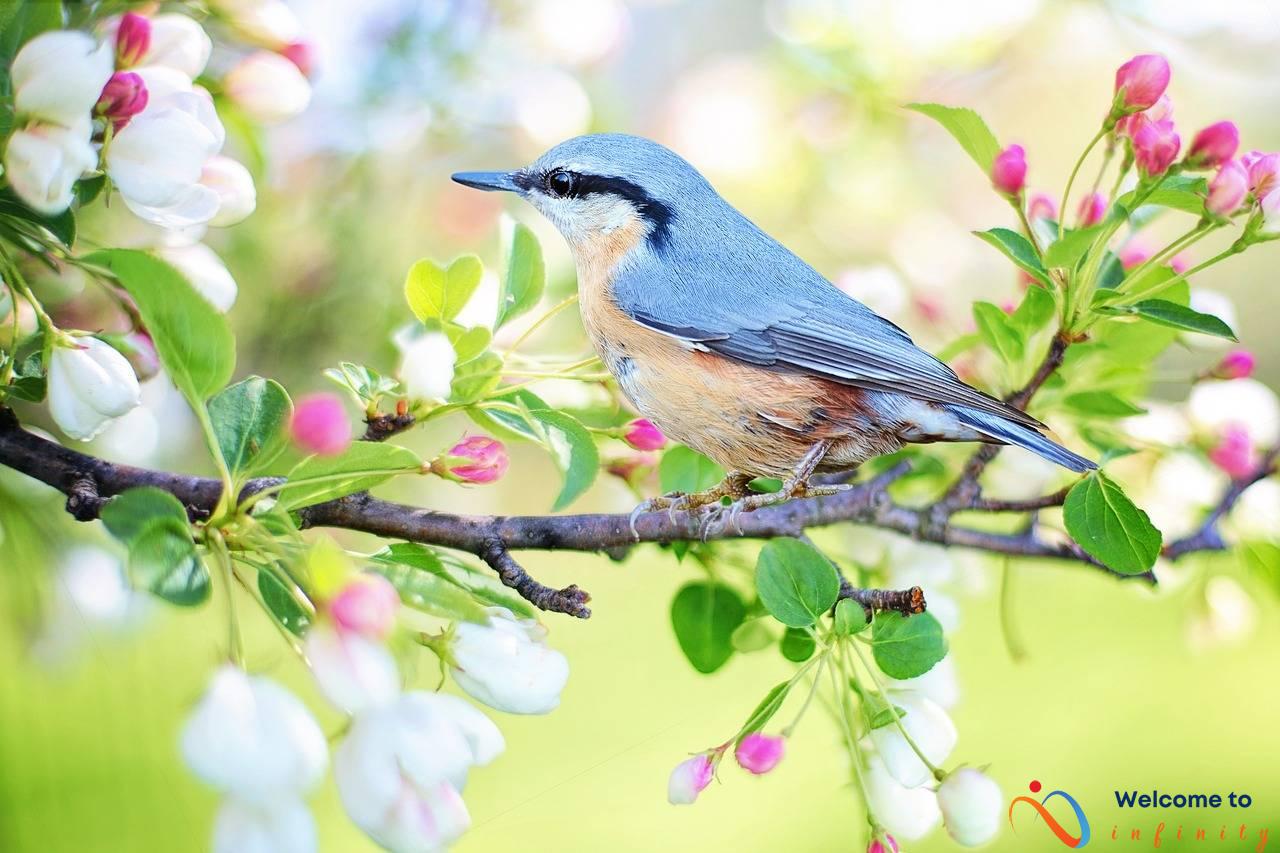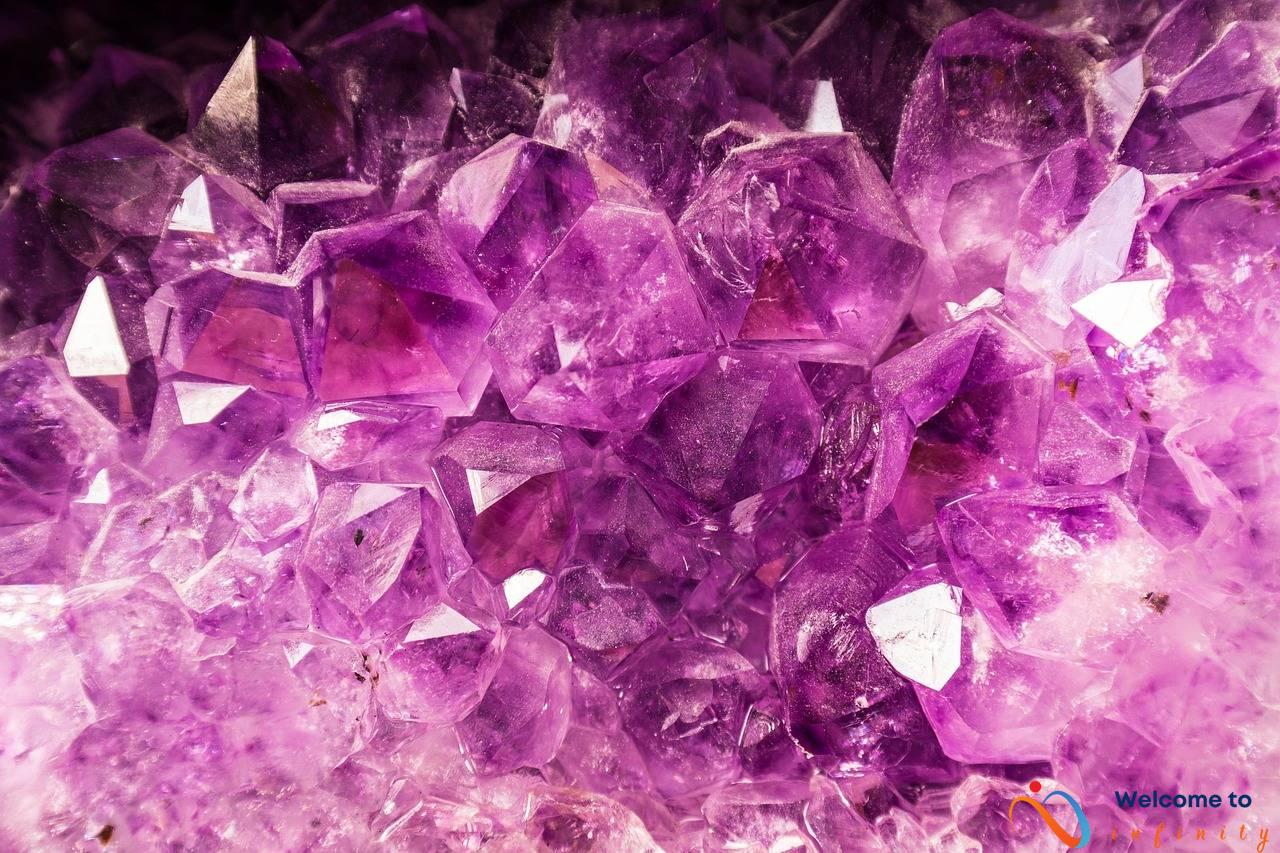The winter season can wreak havoc on your hair, leaving it looking dry and lifeless. The cold, dry air outside and the heating systems inside can strip away the natural oils from your hair, making it fragile and brittle. In this article, we have listed some tips to help you keep your hair healthy and shiny during the colder months.
First and foremost, regularly moisturize your hair to prevent it from becoming too dry. Use a deep conditioning treatment once a week that contains natural oils such as coconut oil and shea butter. These oils can penetrate the hair shaft and help to restore moisture.
Another way to protect your hair during winter is to avoid using heat styling tools as much as possible. As we know, flat irons, curling irons, and hair dryers can further dry out your hair, causing it to become frizzy and damaged. Opt for natural hairstyles and air dry your hair whenever possible.
It's important to keep your hair covered when you go outside in the colder months. Wear a hat or scarf to help protect your hair from the harsh winds and cold weather. This can help to prevent damage caused by the weather elements.
Indoor heating can also cause your hair to dry out. Use a humidifier in your home to add moisture to the air and keep your hair hydrated.
Finally, avoid washing your hair every day as it can strip away the natural oils, making it dry and fragile. Try to limit your hair wash to once or twice a week and always use a gentle shampoo and conditioner that's sulfate and paraben-free. Additionally, eating a balanced diet rich in protein and vitamins can also help to promote healthy hair growth during the cold winter months.
Moisturize
During the winter season, it's essential to keep your hair moisturized to prevent dryness and brittleness. Using a deep conditioning treatment once a week can work wonders in keeping your hair healthy. While selecting a conditioner, opt for products that contain natural oils and butters like coconut oil and shea butter.
These oils and butters can penetrate deeply into your hair strands, helping your hair retain moisture. Coconut oil, for instance, has fatty acids that nourish the hair and reduce protein loss, while shea butter has vitamins A and E that protect hair from the harsh effects of weather.
For effective moisturizing, apply the deep conditioning treatment after washing your hair. Cover your hair with a shower cap to keep the conditioner from evaporating and let it sit for about 30 minutes before rinsing it off with cold water. Coldwater closes the hair cuticles, making them lay flat, leaving your hair soft and shiny.
You can also use natural oils like argan oil or olive oil as a leave-in conditioner. Apply a small amount of oil to the mid-lengths and ends of your hair, avoiding the roots. These oils keep hair hydrated, frizz-free, and protected from environmental damage.
- Ingredients to look for in your conditioner:
- Coconut oil
- Shea butter
- Argan oil
- Olive oil
- Avocado oil
Remember, healthy and well-moisturized hair reflects the overall health of your body. So, don't forget to drink ample amounts of water, eat a balanced diet, and have a good hair care regimen to achieve the nourished and luscious locks you desire.
Avoid Heat Styling
Avoiding heat styling tools like hairdryers and flat irons during winter can help to keep your hair healthy. These tools can further dry out your hair, making it prone to breakage and damage. Instead, opt for air drying and let your hair dry naturally after washing.
If you must use heat styling tools, be sure to use a heat protectant spray to minimize damage. Additionally, use a lower heat setting on your tools and limit the amount of time your hair is exposed to the heat. This can help to prevent your hair from becoming too dry and brittle.
Another tip for avoiding heat styling during winter is to experiment with natural styles. Try braids, twists, or buns to keep your hair out of your face and avoid the need for heat styling. These styles can also help to protect your hair from the wind and cold weather when you're outside.
Overall, avoiding heat styling during winter and opting for natural styles can help to keep your hair healthy and moisturized. If you do need to use heat styling tools, use them sparingly and with caution to avoid further damage to your hair.
Protect Your Hair Outdoors
During winter, your hair needs extra protection when you're outside. Harsh winds and cold temperatures can damage your hair, making it dry and brittle. Wearing a hat or scarf can provide the necessary protection to keep your hair healthy.
- Choose a hat or scarf made from a soft material, like wool or cotton. Avoid using synthetic materials as they can cause static and friction, leading to hair damage.
- Make sure your hat or scarf fits properly so that it doesn't rub against your hair and cause friction.
- Consider using a silk or satin scarf to wrap your hair before putting on a hat or scarf. This will protect your hair from friction and help to retain moisture.
When taking off your hat or scarf, be gentle to avoid hair breakage. Avoid wearing tight hairstyles that can cause hair tension and breakage. Allow your hair to breathe by removing your hat or scarf indoors.
Following these tips can help to keep your hair healthy and avoid damage during the cold winter months. Remember, prevention is key to maintaining healthy hair during the winter season.
Use a Humidifier
During winter, indoor heating can make the air in your home dry which can result in your hair becoming dry and brittle. The dry air can also cause scalp irritation and dandruff. However, using a humidifier in your home can help to counteract the effects of the dry air and keep your hair moisturized.
A humidifier adds moisture to the air in your home and can help prevent your hair from becoming too dry. It can also help to alleviate other symptoms of dry air, such as dry skin and chapped lips. However, it's important to make sure that you clean your humidifier regularly to prevent the growth of bacteria and mold.
| Benefits of using a humidifier for your hair: |
|---|
| Helps to keep your hair moisturized |
| Prevents dandruff and dry scalp |
| Alleviates other symptoms of dry air like dry skin and chapped lips |
Using a humidifier is an easy and effective way to keep your hair healthy during the winter months. Keep it running in the rooms where you spend the most time to ensure that the air remains evenly humidified. This will not only help to keep your hair healthy but will also benefit your overall health as well.
Avoid Overwashing
Although we all want to keep our hair clean, washing it too often can actually harm it. Overwashing can strip your hair of its natural oils, leaving it dry and brittle. So, instead of washing your hair every day, try to limit it to once or twice a week. This will help to keep your hair healthy and moisturized.
When washing your hair, it's important to use a gentle shampoo and conditioner. Look for products that are free from harsh chemicals and sulfates as these can further damage your hair. Natural and organic options are great choices as they are gentle on your hair and scalp.
If you're someone who workouts or those with oily hair, you can still rinse your hair daily with water and conditioner to prevent tangles and keep it looking fresh.
In addition to limiting how often you wash your hair, try to use lukewarm or cool water rather than hot water. Hot water can strip your hair of its natural oils, making it dry and frizzy.
Remember that the goal is to maintain healthy and well-moisturized hair. So, if you're unsure about how often you should wash your hair or which products to use, speak to a hair care professional for advice. They can recommend the right products and give you tips on how to keep your hair in top condition.
- Limit washing to once or twice a week
- Use a gentle shampoo and conditioner
- Rinse with water and conditioner between washes if necessary
- Use lukewarm or cool water when washing your hair
Eat a Healthy Diet
Eating a healthy and well-balanced diet is essential for promoting healthy hair. The first step to achieving this is ensuring that your diet is rich in vitamins and minerals that help to boost hair growth and revitalization. To nourish your hair, you should ensure that your diet includes nutrients such as zinc, biotin, and iron.
Foods that are high in protein, like eggs, fish, and nuts, are especially good for your hair. Fish, in particular, contains omega-3 fatty acids that help to promote hair growth and keep it healthy. Eggs contain biotin, which is important for healthy hair, while nuts have vitamin E, which keeps your hair healthy by preventing damage from free radicals.
In addition to these foods, it's important to drink plenty of water to ensure that your hair is properly hydrated. Drinking water helps to keep your hair soft and smooth and prevents it from becoming brittle and dry.
If you're struggling to eat a well-balanced diet, you may want to consider taking supplements to help ensure that your hair is getting all the nutrients it needs. However, it's important to speak to a healthcare professional before taking any supplements to ensure that you're taking the right ones and that they won't interact with any medications you may be taking.
Overall, eating a healthy and well-balanced diet is an essential step in keeping your hair healthy and strong. By focusing on nutrient-rich foods like eggs, fish, and nuts and drinking plenty of water, you can help to promote healthy hair growth and prevent damage and breakage.












